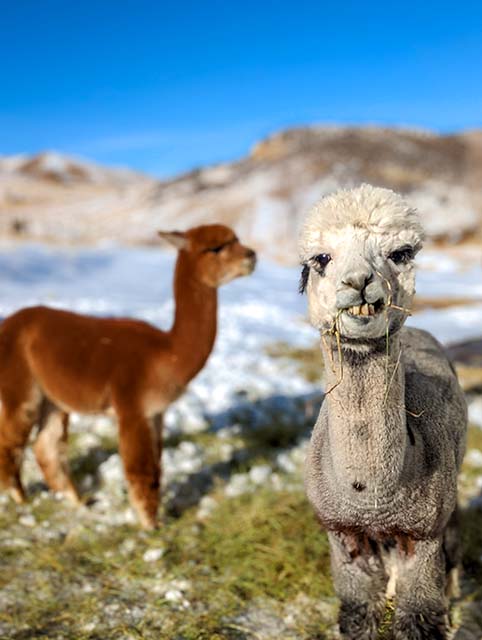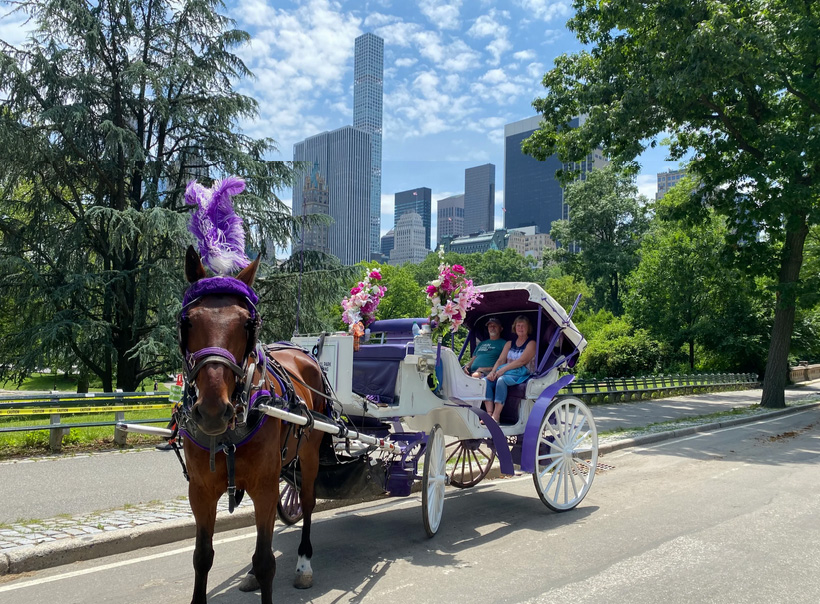
Denver, Colorado alpaca adventures right now: Whether you’re looking for a new hobby or a career, alpaca farms provide a unique opportunity to explore your passions. You’ll be amazed at how rewarding it can be to care for these gorgeous creatures and the positive impact that they have on the people and land around them. Alpaca farms align with the growing global trend towards sustainability, and they offer a unique way to engage in ethical living. So, what are you waiting for? Check out an alpaca farm near you today! Discover even more information at alpaca experiences in Colorado.
You can walk with an alpaca on your own or participate in guided tours and vineyard retreats, ranch stays, and farm dinners. The farm walks are often over rocky, sometimes muddy, and wooded terrain, so hiking boots or tennis shoes are recommended. It’s important to spread out as alpacas can kick if they feel threatened or are startled. If you’re a nature lover, there’s plenty of time to explore the scenic property’s rolling hills, forests, vineyards, and ponds. A picnic lunch is available for guests at the onsite restaurant, or you can bring your own to enjoy in a designated area.
Get ready for an Alpaca Adventure ! A Wildly Immersive and Hilarious Alpaca Adventure Perfect For All Ages : Embark upon an unforgettable magical experience with affectionate Alpacas, and explore the scenic mountain views of Red Rocks Park. We offer truly unique experiences that gets you up-close with these majestic friends. You’ll be entertained and educated on their habits, diets, and life on the ranch as you discover what makes these creatures so special.
Alpaca fur is a very prized fiber for artisans and crafters. Alpaca fur is very soft and does not retain water. It is also very durable. According to National Geographic, alpaca fur is the second strongest animal fiber, after mohair. Alpacas come in 22 colors, from a true, blue-black through browns and tans to white, according to Alpaca Ventures. Some Andean people eat alpaca meat. In Peru, it is often served in upscale restaurants. Alpacas don’t have teeth in the top-front of their mouths. This gives them the appearance of having an underbite.
It’s a photo-worthy activity: If you’re looking for a fun experience where you can take some Instagram-worthy shots, meeting alpacas is for you. You’ll be able to stand with them, pet them, feed them, and take photos with and of them. Not only are you interacting with an animal you’ve likely never hung out with before, but you’re also doing it in an incredibly scenic state. Capture some photos of you smiling with an alpaca for all your followers and friends to enjoy. Are you looking for an educational opportunity for your kids? Come enjoy an alpaca experience that’s not only fun but also informative. This alpaca experience takes place on a fiber farm. This type of farm raises animals like alpacas, sheep, goats, llamas, angora rabbits, and more for their fleece and wool.
What is an alpaca? Alpacas (vicugña pacos) are members of the Camelid Family and are a domesticated species of the South American camelid. Camelids originated in North America over 40 million years ago. Camels migrated east via the Bering Strait and llamas migrated to South America. Today there are five recognized camelids breeds: camels, llamas, guanacos, alpacas, and vicunas. They vary by size and purpose, some being used primarily as pack animals and others valued for their fiber. All are used in a secondary meat market. Camels, llamas, and alpacas have been domesticated for thousands of years, whereas guanacos and vicunas continue to roam freely in herds. Many people are familiar with humped camels: the dromedary of Northern Africa, the Middle East, and Southern Asia, and the Bactrian camel of China and Tibet. Next in size is the llama (domesticated guanaco), followed by the alpaca (domesticated vicuna). Discover additional info on https://meetalpacas.com/.
Is it OK to have just one alpaca? No. Alpacas have very strong herd instincts and need the companionship of other alpacas to thrive, preferably three or more. Alpacas are livestock, and should not be treated as house pets. Alpacas should be kept with their own sex with a few exceptions. One exception is that male crias need to be kept with their mothers until weaning. Gelded males should not be housed together with females, as they can repeatedly attempt to breed the females. This can lead to serious health consequences for the females.
Are alpacas easy to train? Alpacas are very smart animals and are fairly easy to train. It is best to start training them when they are young so that they will accept a halter and learn to follow on a lead. Many owners also enjoy training them to walk through obstacles. Some even compete with their alpacas at shows where they walk over, through, and around objects and also jump over small hurdles. Also, it is helpful to train alpacas to ride in a trailer or van if they ever need to be transported to a show or another farm. Alpacas are easy to transport, as they normally cush (lay down with their legs folded under them) when traveling. Be aware that alpacas should not be tied up when traveling.
Alpacas are very social creatures. They are gentle and curious and with training can become great pets, according to Switzer. Herds often include animals of different species or taxonomic families, such as llamas, goats and sheep, according to the FAO. Alpacas spit when they are distressed or feel threatened. They will sometimes spit at each other when they are competing for food or trying to establish dominance, according to Switzer. They won’t spit at people or bite unless they have been abused.


